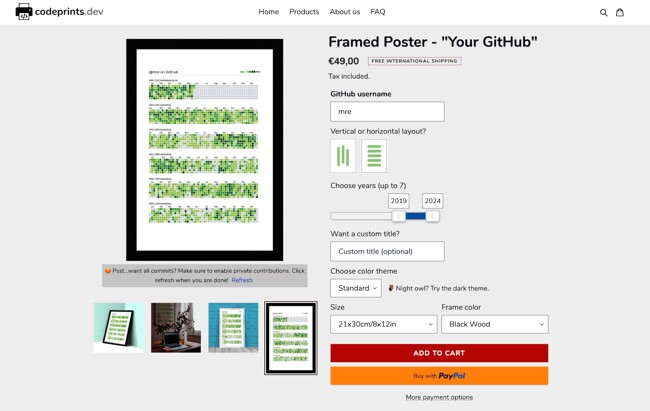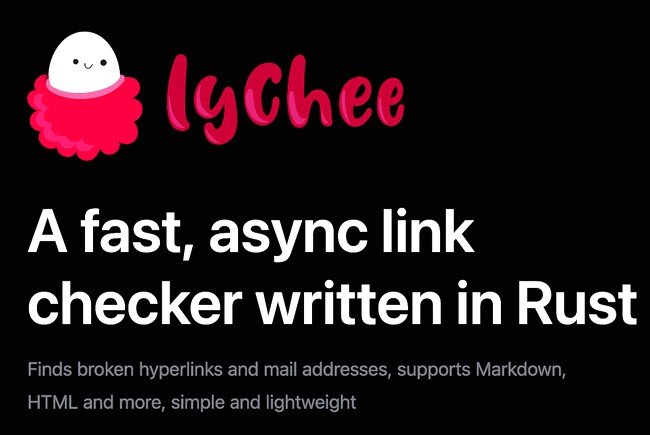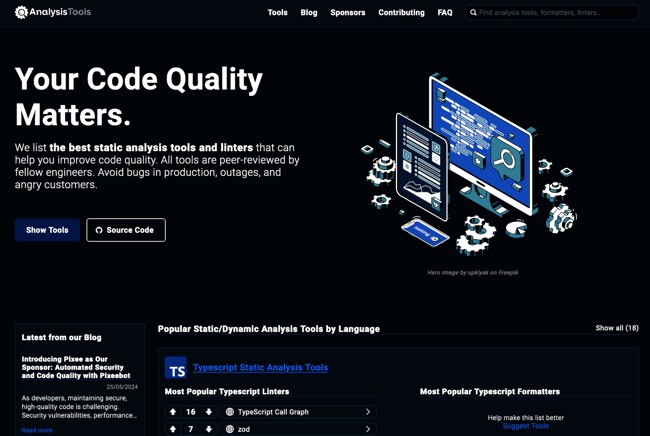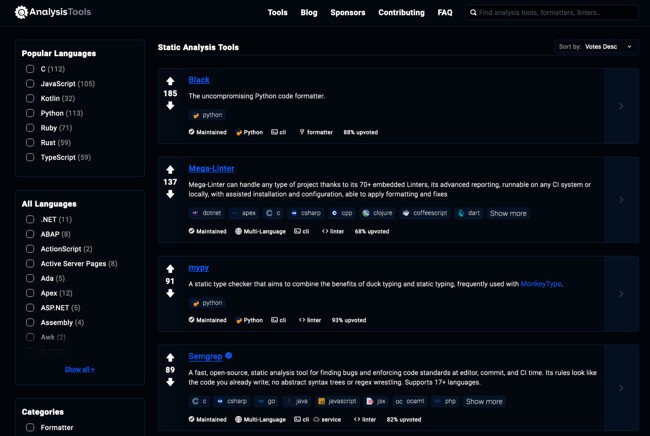How To Sell To Developers
One of the hardest challenges I know is how to sell to developers.
This is NOT an article for developers. Today, I want to write for non-developers whose job it is to sell to developers. My goal is to help you understand how they think.
Developers Hate Being Sold To
We tend to be a skeptical bunch! We're not reachable through Google ads because we use ad blockers. We expect software to be free and open source, so we don't usually pay for it. We subscribe to a handful of services that provide a lot of value for very little cost. Everything else we build ourselves. See the problem?
How do you sell to these people?
The Developer's Dilemma
Strangely enough, when developers think about starting a business, the first products they consider are often those aimed at other developers, despite there being many easier markets to sell to! We love building things so much that we try to sell the things we build to people just like us.
Here's my advice:
- Don't build a product for developers.
- Seriously, don't build a product for developers.
- Since you'll likely ignore the first two pieces of advice, at least learn how to market to developers effectively.
What You Need to Know About Marketing to Developers
Here's the bitter truth. To sell to developers...
- You will have to be present in the places where they hang out.
- You will have to invest a lot of time in community building.
- You will have to be extremely patient.
- There is no shortcut.
What if you don't have the time or the patience? See rule 1 above.
My Developer Product Journey So Far
You might ask, "Why should I listen to you? Have you ever sold a product to developers?"
I'll let you be the judge of that. Here are a few products that I have built and sold to developers:
codeprints

This was a fun experiment during the pandemic. We sold posters of GitHub timelines. Our marketing strategy included posts on Reddit and Hacker News, and we sent free prints to a few "devfluencers." The novelty effect and viral marketing worked well. Eventually, we sold the company to a developer agency because we didn't want to deal with the logistics.
Read more about CodePrints in this blog post.
Lychee

I built this tool for myself because I needed it. Lychee is a command-line tool that checks for broken links in markdown and HTML files. It has become quite popular on GitHub, with companies like Google and Amazon using it. However, I've never made any money from it. I reached out to some companies to sponsor the project, but it was very hard to get a response or explain why they should sponsor a free tool.
I wrote about making money with Open Source here.
Analysis Tools

This is a directory of tools for developers. It's a side project that I started in 2015 (did I mention you need to be patient?), and it has grown to be a popular resource. Together with two friends, we sell sponsorships and ads on the site, which provides a nice side income.
I think this project works because it's not a product for developers but a product for people who build products for developers.
Our customers are mostly developer advocates, developer relations folks, and marketing people who want to reach developers.
Sponsoring on Analysis Tools is extremely cheap compared to other marketing channels like Google ads. On Google, you can easily spend thousands of dollars per month trying to reach developers.
On Analysis Tools, you can reach them for a fraction of that cost. The basic tier is $100 per month, and for that, you get your logo on the site and in every repo. Thousands of developers visit the site every month. It's basically a no-brainer to sponsor the site if you build a linter, a static code analyzer, or any other tool that developers use.
Think of it this way: when was the last time these companies had the chance to reach thousands of developers for $100? What is the total cost of acquisition for a developer? How much would you pay for a developer to try out your tool?
And still...
Only 20% Of Companies Immediately Get It
From the companies I've talked to, only around 20% get it immediately. There are perhaps 30% that need a little handholding. The other 50% see it as an ad placement and want to know the click-through rate.
Let me repeat: It's not about the click-through rate. It's about the branding and the reach.
You will never reach a critical audience if you don't start investing in the developer community. This is not a one-time thing. You need a lot of exposure until you get noticed and developers start talking about your product. If you try to fake it, you won't get far. Devs will avoid your product like the plague and tell their friends to do the same.
Your main constraint is the attention of developers!
These folks constantly get bombarded with millions of products and don't have time to evaluate them all. They stopped actively looking for new tools a long time ago. They rely on a handful of trusted sources they follow.
Building Trust Is The Only Way
Getting into their circle of trust is hard, and for that reason, you need to be patient and invest a lot of time into relationship building. If you can afford it, hire a developer advocate. A good one is heavily invested in open source and knows how to write for developers. At the very least, you need to be present in the places where developers hang out. So reach out to open source maintainers in your niche and see if you can collaborate or sponsor their projects. Don't waste cash on Google ads or other traditional marketing channels. Go where the developers are.
I hope this article helped someone who is struggling to sell to developers. Perhaps one of you will reach out to some open source maintainers in their niche and sponsor their projects. That would be a great outcome!
There's a plus side to all of this: once you understand that you need to invest in the developer community, you will have a competitive advantage because most other companies don't get it.
Thanks for reading! I mostly write about Rust and my (open-source) projects. If you would like to receive future posts automatically, you can subscribe via RSS or email: